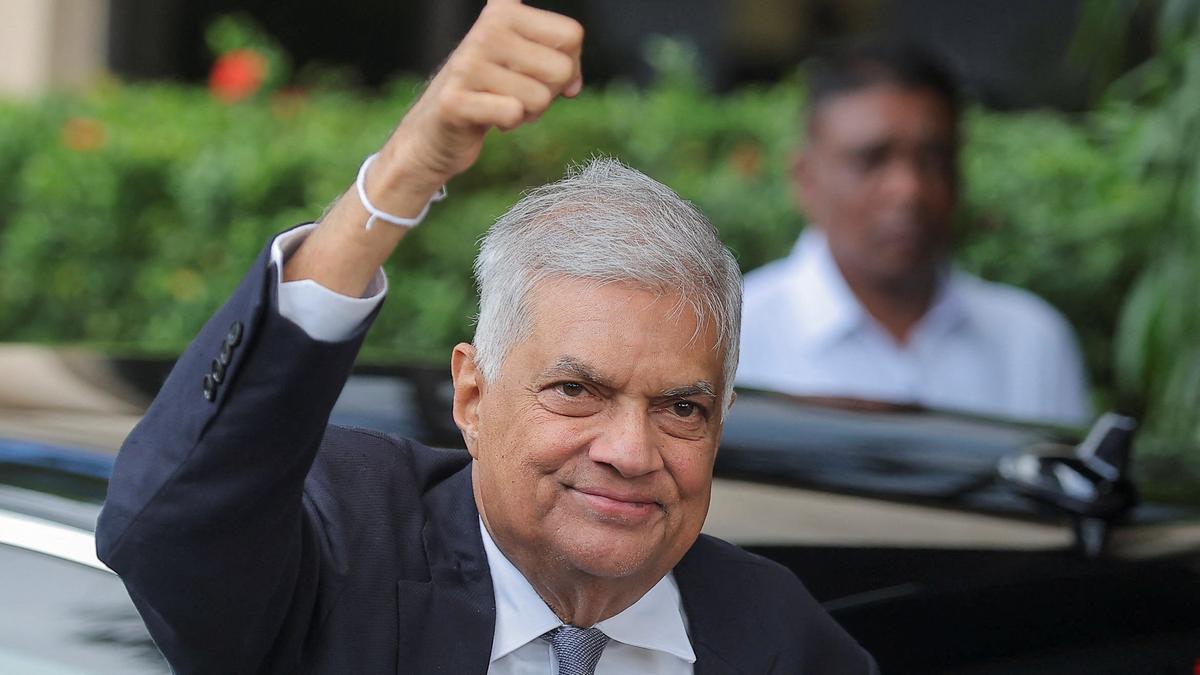Record Number of Candidates to Contest Sri Lanka’s Crucial Presidential Election
President Ranil Wickremesinghe’s Tough Reforms and Strategic Vision Face Challenges from Rivals, Including a Resurgent Rajapaksa Dynasty, in a Vote That Could Reshape the Nation’s Future.

Sri Lanka’s Election Commission has accepted applications from a record 39 candidates to contest the upcoming presidential election on September 21, 2024. This marks a significant increase from the 35 candidates who ran in the last presidential election in 2019. The election is widely regarded as a critical referendum on the economic reforms initiated by the current President, Ranil Wickremesinghe, who has been at the helm since July 2022.
President Wickremesinghe, who submitted his nomination papers on August 14, 2024, is running as an independent candidate, symbolized by a “Gas Cylinder.” His candidacy comes with the backing of a grand coalition of more than 30 political parties and groups. Despite facing challenges from within his own former party, the United National Party (UNP), and external competitors, Wickremesinghe has maintained his focus on stabilizing Sri Lanka’s economy through a series of tough reforms, including debt restructuring under the guidance of the International Monetary Fund (IMF).
The election is set against the backdrop of Sri Lanka’s ongoing economic crisis, which saw the country suffer from unsustainable debt, a severe balance of payments crisis, and shortages of essential goods in 2022. These issues led to widespread protests that forced then-President Gotabaya Rajapaksa to flee the country and ultimately resign. Parliament subsequently elected Wickremesinghe to serve out the remainder of Rajapaksa’s term, during which he implemented measures to stabilize the economy, resulting in significant improvements in inflation, interest rates, and foreign currency reserves.
However, the path to recovery has not been without its critics. While inflation has decreased from 70% to around 5%, and key economic indicators have improved, many Sri Lankans still feel the pinch of high living costs and increased taxes. Wickremesinghe’s opponents, including opposition leader Sajith Premadasa, leftist leader Anura Dissanayake, and Namal Rajapaksa—the son of former President Mahinda Rajapaksa—are challenging his approach, each vying for the support of a populace still grappling with the economic fallout.
The election will be a decisive moment for Sri Lanka as it determines whether Wickremesinghe’s economic agenda will continue to shape the country’s future or if a new leadership will take the reins. The participation of Namal Rajapaksa, in particular, will test the enduring influence of the once-powerful Rajapaksa family, whose legacy has been deeply intertwined with Sri Lankan politics since the country’s independence.
With more than 17 million eligible voters, the outcome of this election will set the course for Sri Lanka’s recovery and its path towards the ambitious goal of becoming a developed nation by 2048, as envisioned by Wickremesinghe.





